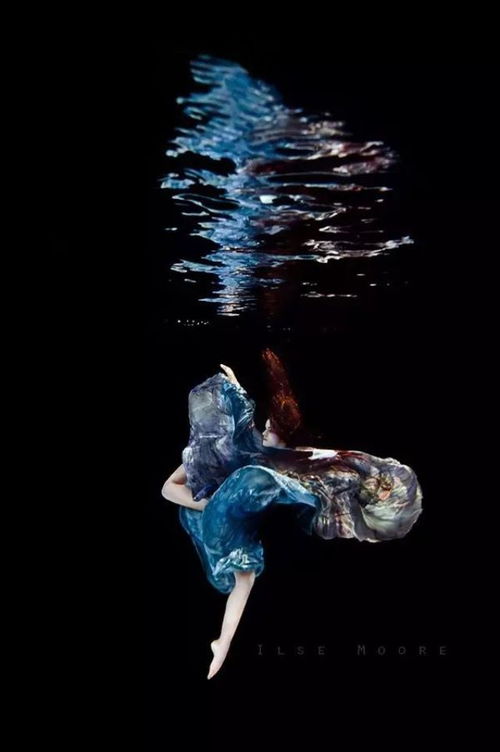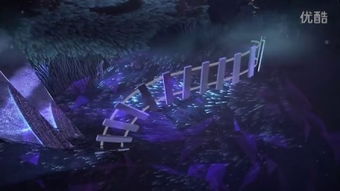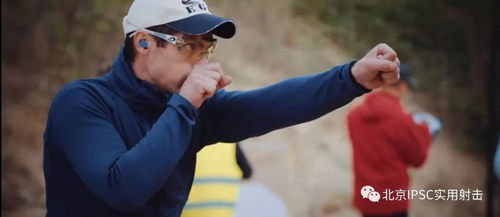The Art of Fishing: Techniques and Tips for a Successful Catch
Fishing, an age-old pastime that has captivated anglers across the globe, is more than just a leisure activity; it's an art form that requires patience, skill, and a deep understanding of the water and its inhabitants. Whether you're a seasoned angler or a beginner looking to cast your line into the unknown, here are some essential techniques and tips to help you master the art of fishing.
Choosing the Right Gear
The first step in becoming a proficient fisherman is selecting the right gear. Here's a breakdown of the essential equipment you'll need:
Rod and Reel: The combination of rod and reel is the backbone of your fishing setup. Choose a rod that matches the type of fish you're targeting and the kind of fishing you'll be doing. Spinning reels are great for beginners, while baitcasting reels are better for more experienced anglers.
Line: The type of line you use depends on the fish you're after and the conditions of the water. Monofilament is the most common type of line, offering good strength and flexibility. Fluorocarbon line is more expensive but is nearly invisible underwater, making it ideal for catching fish that are easily spooked.
Hooks: The size and type of hook you use should match the bait you're offering and the size of the fish you're targeting. For example, smaller hooks are better for delicate fish like trout, while larger hooks are needed for bigger fish like bass or catfish.
Bait or Lures: Live bait, such as worms or minnows, can be effective, but artificial lures can also be very successful. The key is to choose lures that mimic the natural prey of the fish you're trying to catch.
Mastering the Basics
Once you have your gear, it's time to learn the basics of fishing:
Casting: Casting is the act of throwing your line into the water. Practice your casting technique to ensure you can cast accurately and with control. Remember to keep your wrist relaxed and your casting motion smooth.
Trolling: Trolling involves moving your boat at a slow speed while dragging a lure or bait behind it. This method is effective for catching fish that follow moving prey.
Jigging: Jigging involves repeatedly lifting and dropping a lure in the water to attract fish. This technique is particularly effective for bottom-dwelling fish like walleye or bass.
Fly Fishing: Fly fishing is a unique method that involves casting a weighted fly rod and artificial fly. It requires a different set of techniques and is best learned with a guide or an experienced fly fisherman.
Advanced Techniques
As you become more comfortable with the basics, you can start exploring more advanced techniques:

Reading the Water: Understanding the water's currents, depth, and structure is crucial for finding fish. Look for areas where the water is deeper, has more cover, or where the current changes direction.
Bait Presentation: The way you present your bait or lure can make a big difference. Experiment with different retrieves, pauses, and movements to see what works best in your particular situation.
Understanding Fish Behavior: Fish have patterns, and understanding these patterns can help you predict where they might be. For example, fish often feed more actively during dawn and dusk.
Weather Awareness: Pay attention to the weather forecast. Fish are less active during extreme weather conditions, so plan your fishing trips accordingly.
Safety First
Safety should always be a top priority when fishing. Here are some safety tips:
Always fish with a partner: It's safer to have someone with you in case of an emergency.
Wear a life jacket: Even if you're a strong swimmer, accidents can happen. Always wear a life jacket, especially if you're fishing from a boat.
Stay hydrated and protected from the sun: Fish for short periods, take breaks, and apply sunscreen.
Be aware of your surroundings: Watch out for other boats, rocks, and other hazards.
Conclusion
Fishing is a rewarding activity that can provide hours of relaxation and entertainment. By mastering the right techniques and tips, you'll be well on your way to becoming a successful angler. Remember to respect the water and the fish you're trying to catch, and enjoy the journey as much as the catch. Happy fishing!












